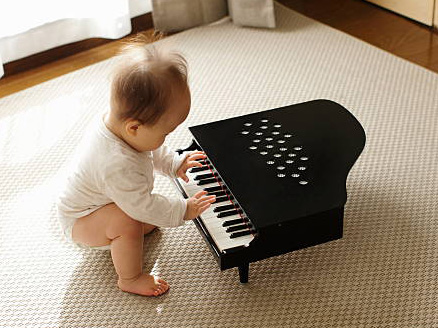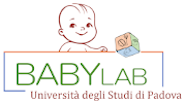RITMO: I benefici dell’interazione ritmica e musicale nello sviluppo

Ricercatori coinvolti: Caterina Marino; Judit Gervain, Martina Turconi, Jesus Mauricio Encinas Riveros, Ramon Guevara Erra
(EN) Rhythmic and musical abilities are deeply rooted in human development. Several experimental evidence indicate that rhythmic processing occurs already prenatally, tuning infants to certain sound patterns that supports later music perception. These rhythmic multisensory experiences then continue throughout life thanks to the musical interaction that caregivers spontaneously offer in everyday situations. The RITMO project seeks to uncover the origins of rhythmic and musical abilities and the impact of musical exposure on their development during the early years of life. Specifically, using the fNIRS, a widely employed neuroimaging technique, this project is trying to understand whether, at birth, infants process and integrate the linguistic, musical and melodic information present simultaneously in songs. Furthermore, it addresses the question of when and how the rhythmic motor response, which underlies our ability to synchronize to music, originates. To this purpose, a large cohort of infants between 6 and 24 months is observed in their spontaneous motor response to music of different rhythms. This ability is then related to their parents' synchronization skills.
Researchers: Caterina Marino; Judit Gervain, Martina Turconi, Jesus Mauricio Encinas Riveros, Ramon Guevara Erra

